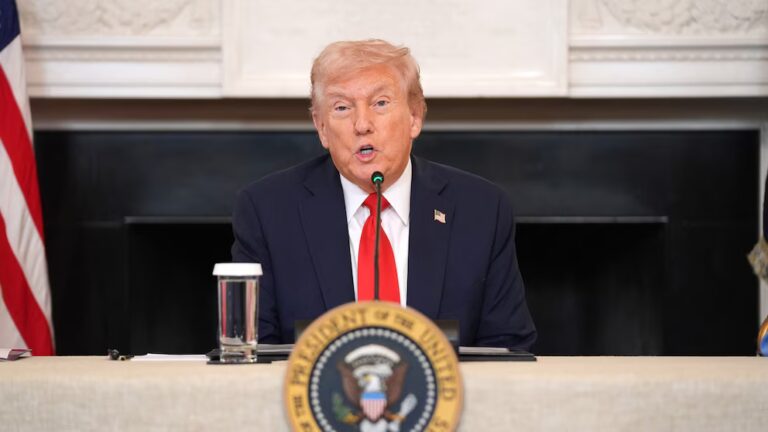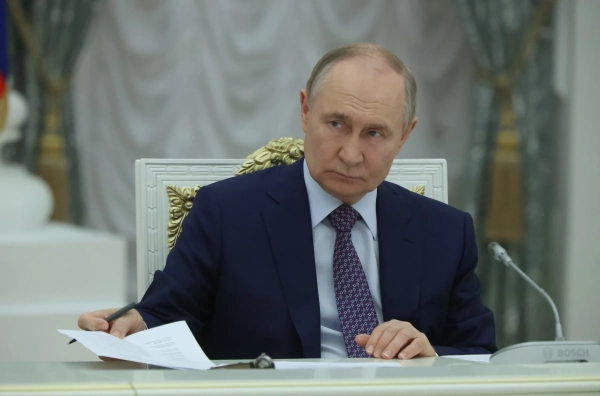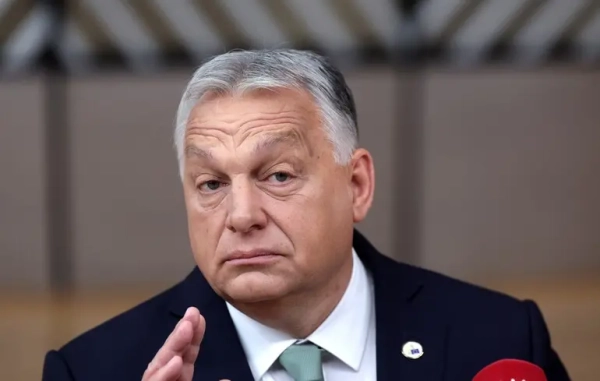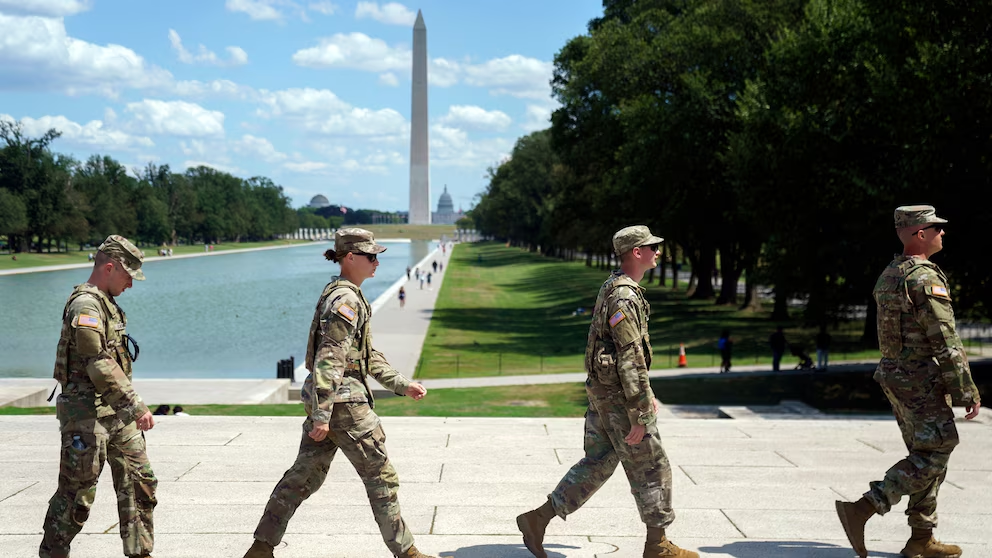
2:10Members of the National Guard on patrol at the National Mall in Washington, August 25, 2025. Will Oliver/EPA/Shutterstock
President Donald Trump on Monday ordered the Pentagon to create National Guard units in Washington, D.C., and across the country that would be designated to tamp down civil protests and ensure public safety — a job that historically and legally has belonged to civilian law enforcement.
Critics called Trump's desire to build a kind of rapid "reaction force" for civil unrest alarming, insisting his order pushes legal boundaries for the National Guard, an auxiliary force whose mission is to help fight foreign enemies abroad or aid Americans in times of extraordinary crisis like hurricanes and floods.
In an executive order signed Monday, Trump called on Defense Secretary Pete Hegseth to designate Army and Air National Guard members in each state who could rapidly deploy to help federal, state and local law enforcement "in quelling civil disturbances and ensuring the public safety and order whenever the circumstances necessitate, as appropriate under the law."
The order also called on Hegseth to begin immediately training and equipping a "specialized unit" within the D.C. National Guard "that is dedicated to ensuring public safety and order in the Nation's Capitol." The order says members of the unit would be "deputized" to enforce federal law.
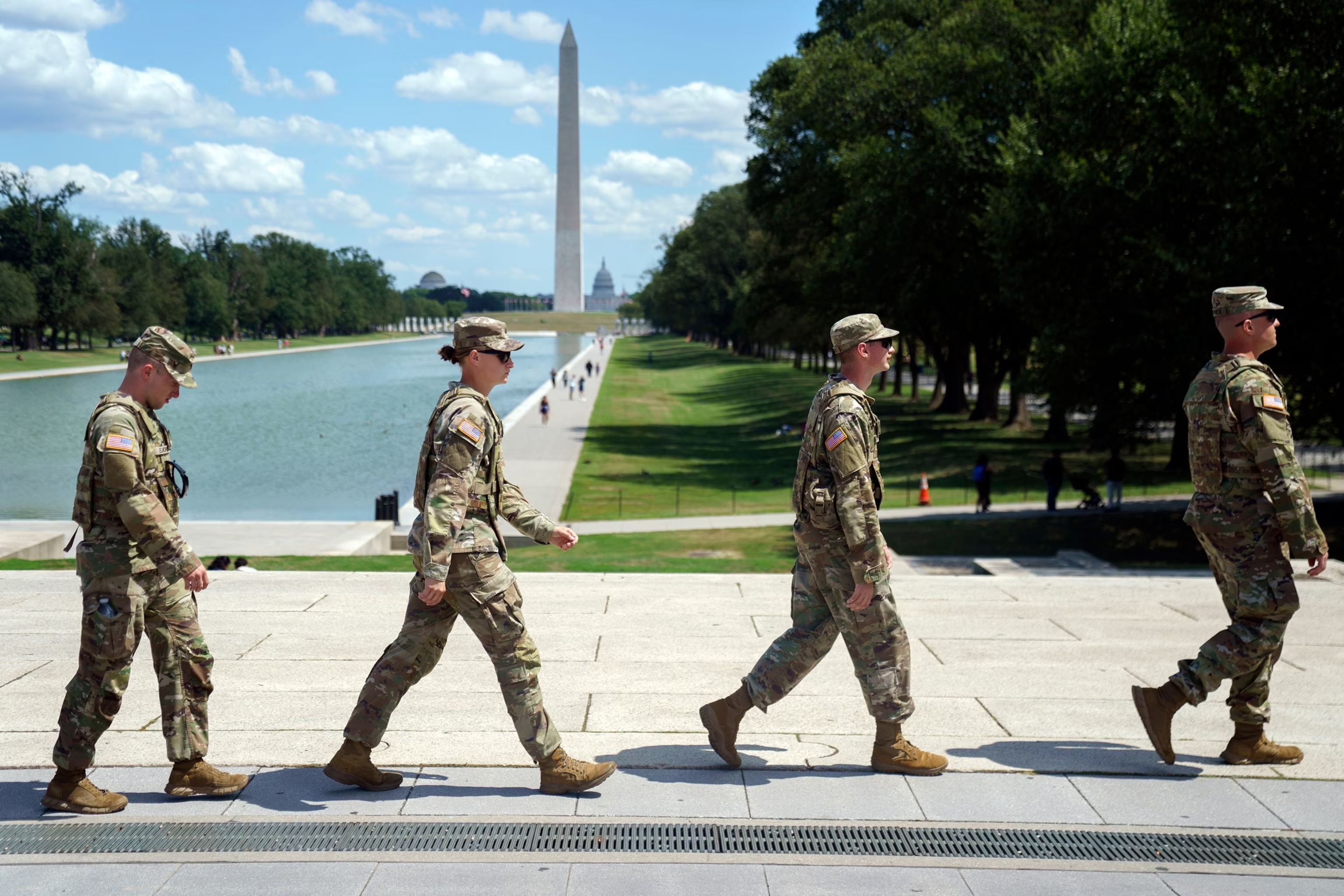
Members of the National Guard on patrol at the National Mall in Washington, August 25, 2025.Will Oliver/EPA/Shutterstock
When asked for comment, the Pentagon said it’s reviewing the order and its requirements.
Retired Maj. Gen. Randy Manner, a former acting vice chief of the National Guard Bureau and vocal opponent of Trump's reliance on Guard troops to aid law enforcement, said Trump's orders were unnecessary and "100 percent political."
"The administration is trying to desensitize the American people to get used to American armed soldiers in combat vehicles patrolling the streets of America," Manner said.
Trump wants Guard units "whose purpose is to, quite frankly, dominate and police the American people. And that is extremely disturbing," he added.
Retired Maj. Gen. Linda Singh, who led thousands of troops in Baltimore, Maryland, during the 2015 riots after the death of Freddie Gray, said the National Guard already has the ability to respond to civil unrest in times of crisis.
But using activated military troops to conduct law enforcement for the long-term could have major consequences, including harming the well-being of Guard personnel if their own communities reject their mission, she warned.
"What happens if there's an escalation and civilians are killed? Or Guardsmen are killed? I don't think we have an answer for that," said Singh, a former adjutant general for the Maryland Army National Guard.
Without a plan to return policing power to local civilian authorities, "I think we are setting precedents we can't come back from," she added.
Trump's latest executive order comes after the president deployed some 2,200 National Guard troops to Washington, D.C., declaring crime was "out of control" even as city officials insisted it was lower than it's been in decades.
Since their deployment began, troops have patrolled mostly lower crime areas, including the National Mall and several Metro rail stations. Armed with M17 pistols and some with M4 rifles, the troops are not conducting arrests, officials said. Instead, officials say, troops are calling in security incidents to local police.
Guard members also could be seen posing with tourists and picking up trash around tourist spots.
Administration officials have defended the move as enabling police to go into higher crime areas. Trump on Monday said he wants to replicate the deployment in other cities like Chicago.
"They should be saying, 'Please come in,'" Trump told reporters of Democratic governors who object to the president's use of the Guard in their states.
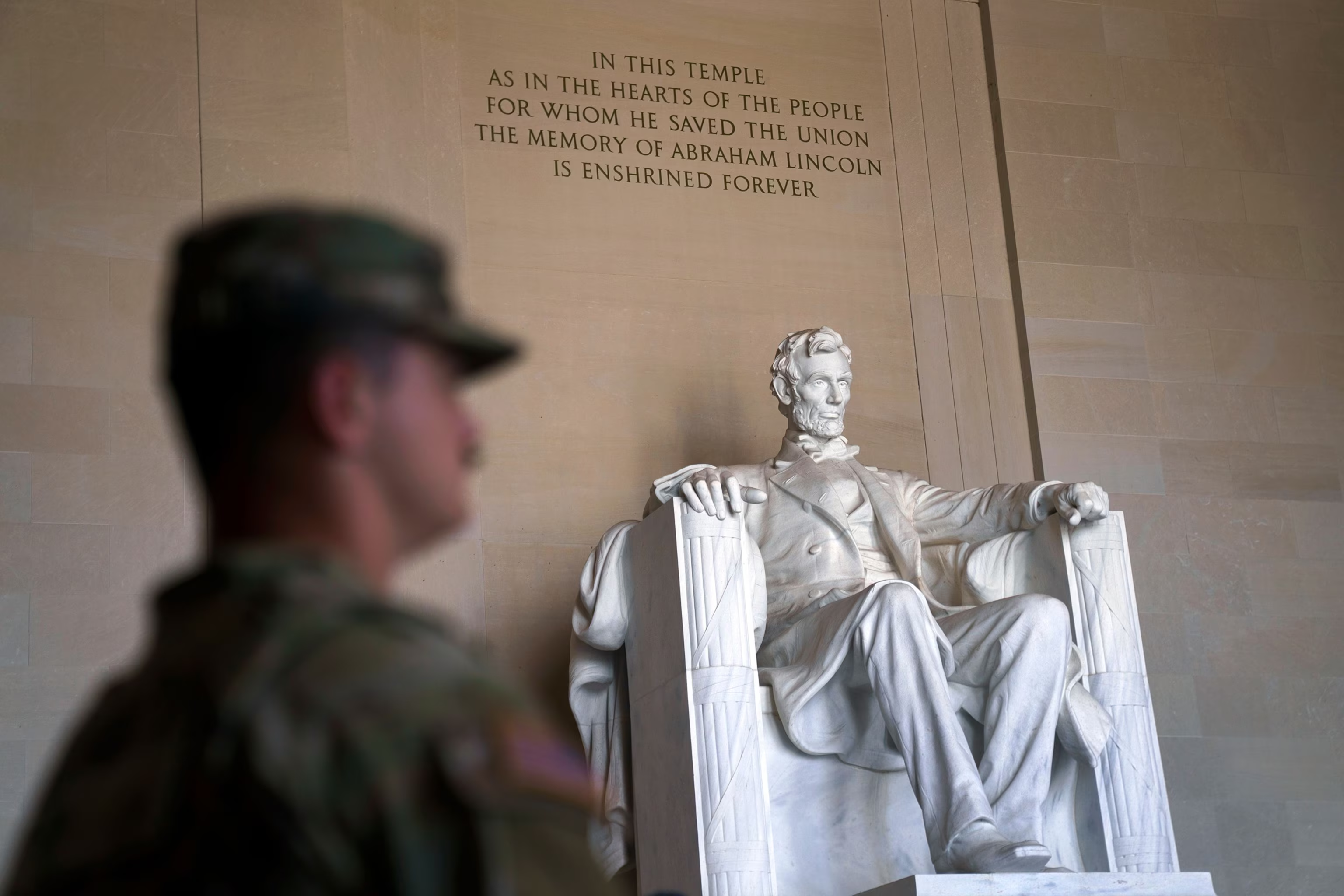
A Member of the National Guard on patrol at the Lincoln Memorial in Washington, August 25, 2025.Will Oliver/EPA/Shutterstock
Under the law, known as Posse Comitatus, the military is barred from acting as law enforcement on U.S. soil. But there are rare exceptions. As in the case of D.C., troops deployed for a federal mission but kept under the command of governors — under a law known as Title 32 — are exempt from Posse Comitatus. The D.C. mobilization is reliant on six Republican governors who agreed to Trump's request to send troops from their states to help police in the city, where the White House commands troops.
Sending troops into states over the objections of the governor is more limited. In the case of California, Trump invoked a different law — Title X — which allows a president to use Guard resources to protect federal property and federal personnel.
The National Guard already has "quick reaction forces" in every state that are able to respond quickly in times of crisis. Manner said Trump appears to be calling for something different. Instead of the capability to respond to crisis, Trump appears to want units that specialize in quelling civil unrest, much as other units might specialize in intelligence or armor.
"They're going to be there to police Americans," Manner said.
The White House and Pentagon have not been able to provide a cost estimate on the National Guard deployment in D.C.
Sourse: abcnews.go.com
